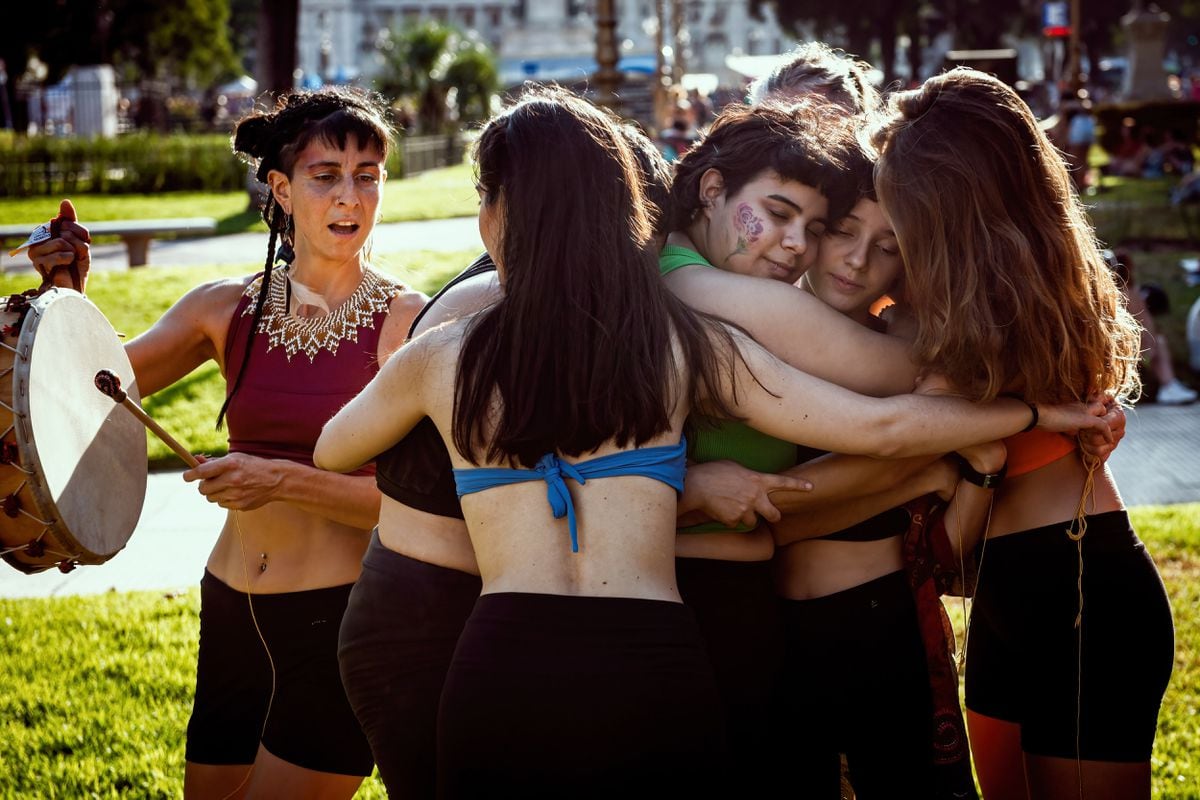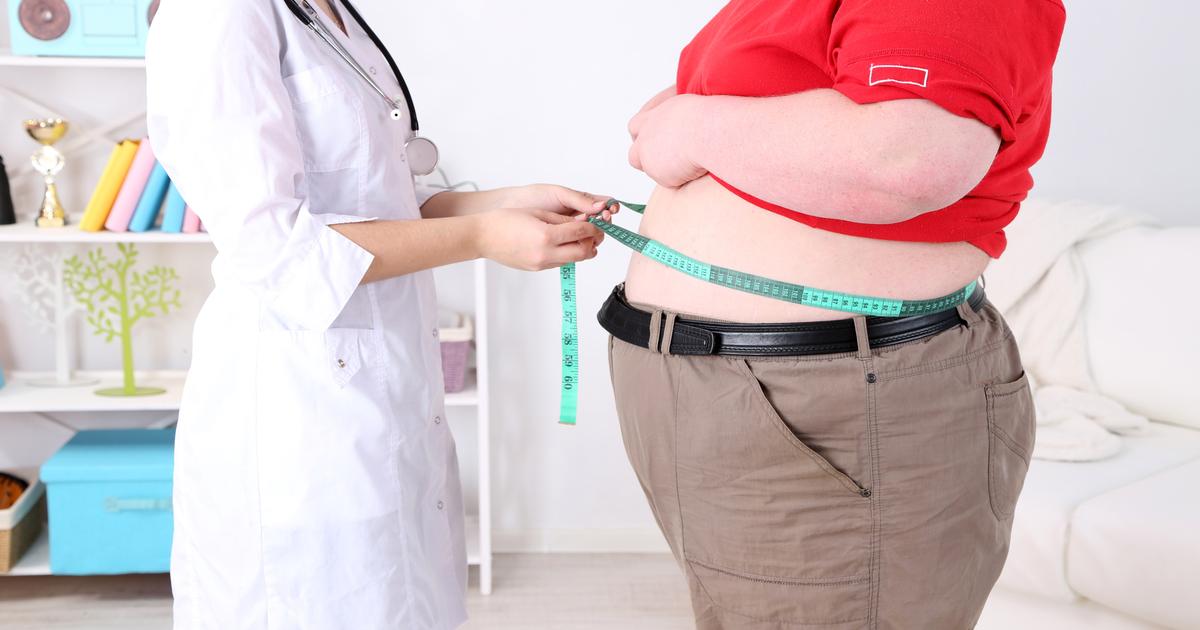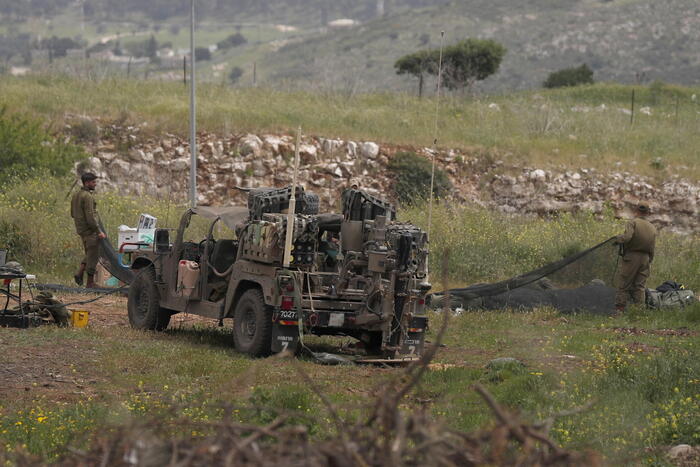Note to readers: EL PAÍS offers openly all the content of the Future Planet section for its daily and global contribution to the 2030 Agenda. If you want to support our journalism,
subscribe here.
The pandemic has disproportionately harmed women.
Not only has gender-based violence increased, but they are also the heathen of the economic crisis with the greatest loss of employment and income.
This complaint is more than rhetoric from the United Nations and NGOs.
"There is evidence," says Raquel Lagunas, head of the gender division of the United Nations Development Program (UNDP).
For this reason, the agency proposes that developing countries establish a temporary basic income, of six months, specifically for the vulnerable female population.
With 0.07% of their GDP, they can help 613 million women of working age living below the poverty line, with 0.18% supporting more than 1.3 billion.
With 0.3%, to all citizens of the global south: 2,000 million.
More information
UN Women Director: "Gender-based violence is a shadow pandemic, as devastating as the coronavirus"
An initiative is born to quantify the damage of covid-19 to women
The odyssey of not having children
"Even before covid-19 there were inequalities and the new coronavirus has exacerbated them," the expert emphasizes.
For example, this 2021 begins with 118 women between the ages of 25 and 34 living in extreme poverty for every 100 men of the same age, according to their data.
And sexist aggressions "have skyrocketed."
In Argentina, the expert points out, complaints on the victims' helpline have increased by 30%.
And from misery and dependent relationships he escapes with money.
"Having a basic income is essential," he notes.
Despite this and other evidence, "only 10% of countries take gender into account in the measures they adopt to face the coronavirus crisis," Lagunas laments the data, obtained through the surveillance tool of the UNDP pandemic response policies.
"A temporary basic income for women is urgent and fair," write the authors of the study of the body that supports their proposal, published this Thursday.
If the female population is not prioritized in recovery plans, efforts and progress towards gender equality will go back 20 years, they warn.
For Lagunas, the UNDP suggestion is viable.
"It is a feasible investment within the measures for economic reactivation," he says by video call from New York.
But it is important that it be an income for people, with that special focus on women.
There are already grants for households, but these, he warns, are blind to gender and, therefore, to the particular problems of the female population.
According to data reflected in the agency's study, in some Latin American countries, female employment fell by 13% more in the second quarter of 2020 than in the same period in 2019. This effect of the pandemic has been between 10 and one 70% higher compared to the corresponding decline among male workers.
“The jobs with the majority of women are the most affected.
We see it in tourism, from those who sell coconuts or mangoes to travelers coming down from a cruise ship to those who clean hotel rooms, ”says the UNDP specialist.
"A temporary basic income would help them survive the crisis and take control of their lives."
Far from becoming a disincentive to work, the aid would serve to revive small businesses and resume children's education.
"It is proven that women dedicate the aid to their children, their education, health, and their ventures," says Lagunas.
Investing in social matters, he continues, will mean a faster recovery.
If the female population is not prioritized in recovery plans, efforts and progress towards gender equality will go back 20 years
The stumbling block for this proposal to become a reality is the need for strong, corruption-free institutions capable of channeling aid to those who really need it.
Middle-income countries, but with large pockets of poverty, such as Panama or Ecuador, could initiate measures of this type, says Lagunas.
"Today, the coronavirus crisis calls for a country effort, even among the extremely poor, to prioritize citizens in budgets."
For her, this is an "opportunity" for governments and institutions to demonstrate their usefulness.
"In this case, to lift the population out of extreme poverty, especially women."
The implementation of a temporary income also opens the door to long-term social protection policies in these countries.
"It is like a test so that they see the benefits," she says convinced.
As early as July 2020, UNDP proposed a temporary basic income for the losers of the pandemic.
Now, they ask that these measures have a gender perspective.
Although the agency is working with some countries to implement this type of aid - a basic income for a limited time - there are already some examples of subsidies, especially cash transfers, which show that they support the most vulnerable, and among them the most vulnerable. women, it is possible.
India has distributed transfers of 500 rupees (5.70 euros) a month between April and June to 200 million women, and also supports the opening of bank accounts among those who do not yet have one.
UNDP tracking has also found that in Brazil a three-month cash aid of 95 euros (or 60% of the minimum wage) has been granted to informal workers up to a maximum of two benefits per family.
Single mothers will receive double.
In Africa, two countries have made positive steps.
Burkina Faso announced the establishment of a solidarity fund of 8.3 million euros for workers in the informal sector, such as fruit and vegetable sellers, affected by the situation, particularly women.
"The Ministry of Women, National Solidarity, The Family and Humanitarian Action are carrying out practical arrangements for a successful application of the various proposed actions," they comment from UNDP.
For its part, Kenya's National Safety Nets Program has made transfers, prioritizing women.
More than a million people are beneficiaries of 8,000 Kenyan shillings (60 euros), a special aid for the elderly, orphans and other vulnerable members of society.
FUTURE PLANET can follow on
,
and
, and subscribe
here
to our 'newsletter'
.












/cloudfront-eu-central-1.images.arcpublishing.com/prisa/KMEYMJKESBAZBE4MRBAM4TGHIQ.jpg)

